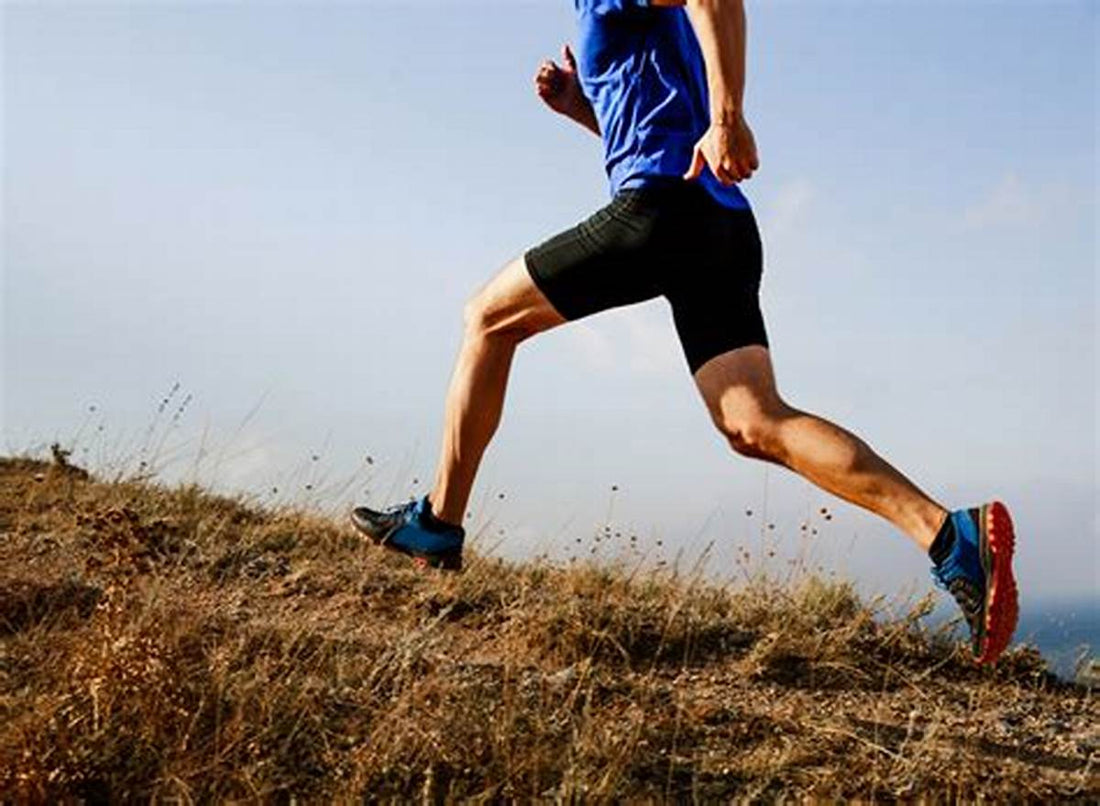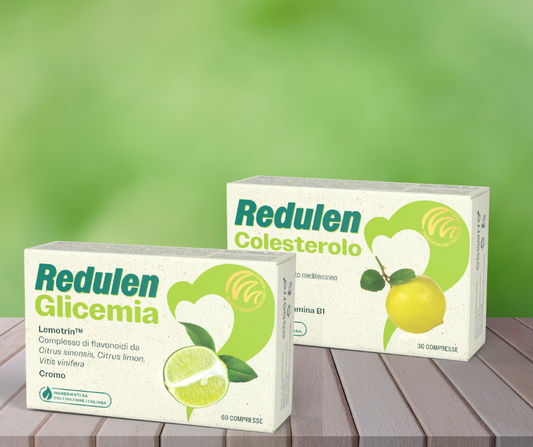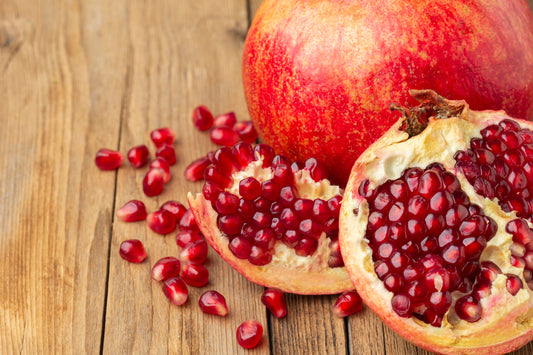Athletes are constantly looking for ways to improve their sports performance, whether through increased physical strength, improved recovery, or more effective training techniques.
Tips to improve sports performance
- Structured Training Programs : It is essential that your training program is carefully tailored to your sport . Incorporate a mix of endurance, strength, flexibility, and skill training to cover all aspects of athletic performance.
- Consistency and progression : the improvement comes from consistent practice and gradually increasing the intensity and complexity of your workouts. Setting realistic goals and milestones will help you stay motivated and track your progress.
- Mental Training : Sports performance is not just physical; mental endurance also plays a significant role. Techniques such as visualization, mindfulness, and goal setting can improve concentration and resilience, helping athletes handle the pressure during competitions.
- Proper Nutrition : Providing the body with the right nutrients before and after training improves performance and recovery. A balanced diet rich in carbohydrates, proteins and fats, along with adequate hydration, is essential.
- Technology and Equipment : Using modern technology and equipment to improve the effectiveness of your workout. Some devices can track your progress and provide information about your physical health, while the right equipment (such as proper footwear and clothing) can improve your performance. and prevent injuries.
Tips for gaining muscle mass
- Increase protein intake : Protein requirements for athletes may exceed standard recommendations and may be moderately increased in relation to the intensity of physical activity, but excesses should be avoided. Proteins consumed in excess of the necessary requirement will not contribute to the formation of additional muscle mass. In fact, excess amino acids will be metabolized, significantly engaging the kidneys and liver, and will be partly eliminated as urea.
- Strength training : Focus on compound movements that target one or more muscle groups. This approach is more efficient and stimulates greater hormonal responses, which are beneficial for muscle growth.
- Adequate Rest : Muscles need time to repair and grow. Make sure you get enough sleep and avoid overtraining by building rest days into your routine.
- Caloric surplus: To build muscle mass, you need to consume more calories than you burn. Calculate and know your daily caloric needs and aim for a surplus to support muscle growth.
-
Progressive overload : Continuously challenging your muscles by increasing weights or changing exercises. This prevents the plateau effect and ensures continued growth.
Tips to improve recovery
- Active recovery : Light exercise on rest days, such as walking or yoga, can improve circulation and help speed the elimination of waste products accumulated during intense workouts.
- Stretching and Foam Rolling : Regular stretching and foam rolling can improve flexibility, reduce soreness, and prevent muscle tightness, promoting faster recovery.
-
Hydration and Nutrition : Replenishing fluids and nutrients after intense exercise is essential for recovery. Electrolytes, especially potassium and sodium, contribute to fluid and salt balance and muscle function.
-
Quality Sleep : It is important to aim for 7 to 9 hours of restful sleep each night. Sleep is essential for muscle repair, hormonal balance, and overall recovery.
-
Cooling down: Incorporating a cool-down phase after intense exercise helps to gradually lower your heart rate and can reduce the buildup of lactic acid, which often leads to muscle soreness.



